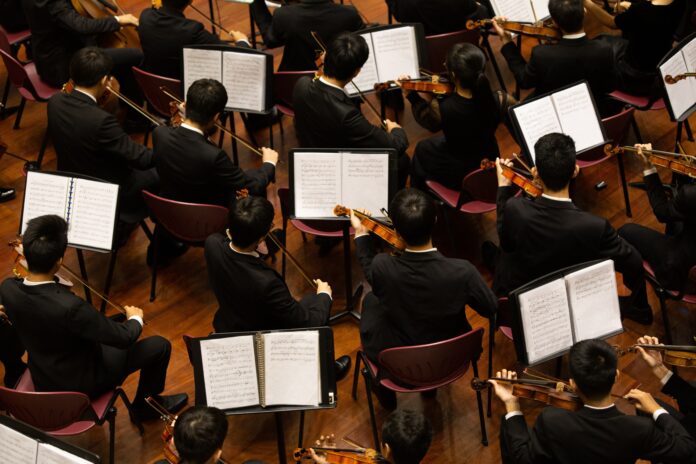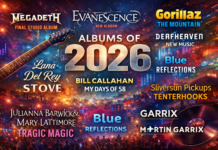Classical music has stood the test of time, captivating audiences for centuries with its beauty and complexity. The term “classical music” is generally used to refer to Western art music from the 18th century to the present day, encompassing a wide range of styles and composers.
The origins of classical music can be traced back to the medieval period, when church music played an important role in religious ceremonies. During the Renaissance, music began to develop as an art form, with composers such as Josquin des Prez and Giovanni Pierluigi da Palestrina creating polyphonic works for choirs.
The Baroque period saw the rise of composers such as Johann Sebastian Bach, George Frideric Handel, and Antonio Vivaldi, who wrote elaborate works featuring complex counterpoint and virtuosic solo passages. The Classical period, which followed, was marked by the emergence of such giants as Wolfgang Amadeus Mozart and Ludwig van Beethoven, who wrote works that continue to be performed and studied to this day.
The Romantic period, which spanned the 19th century, was characterized by a focus on emotional expression and individualism. Composers such as Frederic Chopin, Franz Schubert, and Gustav Mahler created works that were deeply personal and reflective of their own experiences and emotions.
In the 20th century, classical music continued to evolve and change, with composers such as Igor Stravinsky, Arnold Schoenberg, and Philip Glass pushing the boundaries of traditional tonality and form. Today, classical music remains a vital and vibrant art form, with new works being created and performed around the world.
One of the reasons classical music has endured for so long is its ability to convey a wide range of emotions and ideas. Whether it’s the soaring melodies of a Mozart concerto or the introspective introspection of a Mahler symphony, classical music has the power to move and inspire listeners in a way that few other art forms can.
Another factor that has contributed to the longevity of classical music is its rich history and tradition. From the grandeur of the Baroque to the intimacy of the Romantic, classical music has evolved over time, reflecting the social, cultural, and political forces of the age.
Classical music also has a unique ability to bring people together, regardless of their background or beliefs. Whether it’s a concert hall, a cathedral, or a park, classical music has the power to create a sense of community and shared experience that is truly special.
Classical music is a rich and complex art form that has stood the test of time. From its humble beginnings in the medieval period to its continued evolution in the present day, classical music has captivated audiences around the world with its beauty, emotion, and complexity. Whether you’re a seasoned concert-goer or a newcomer to the world of classical music, there’s always something new and exciting to discover in this timeless art form.
Photo by Samuel Sianipar on Unsplash
Views: 48






